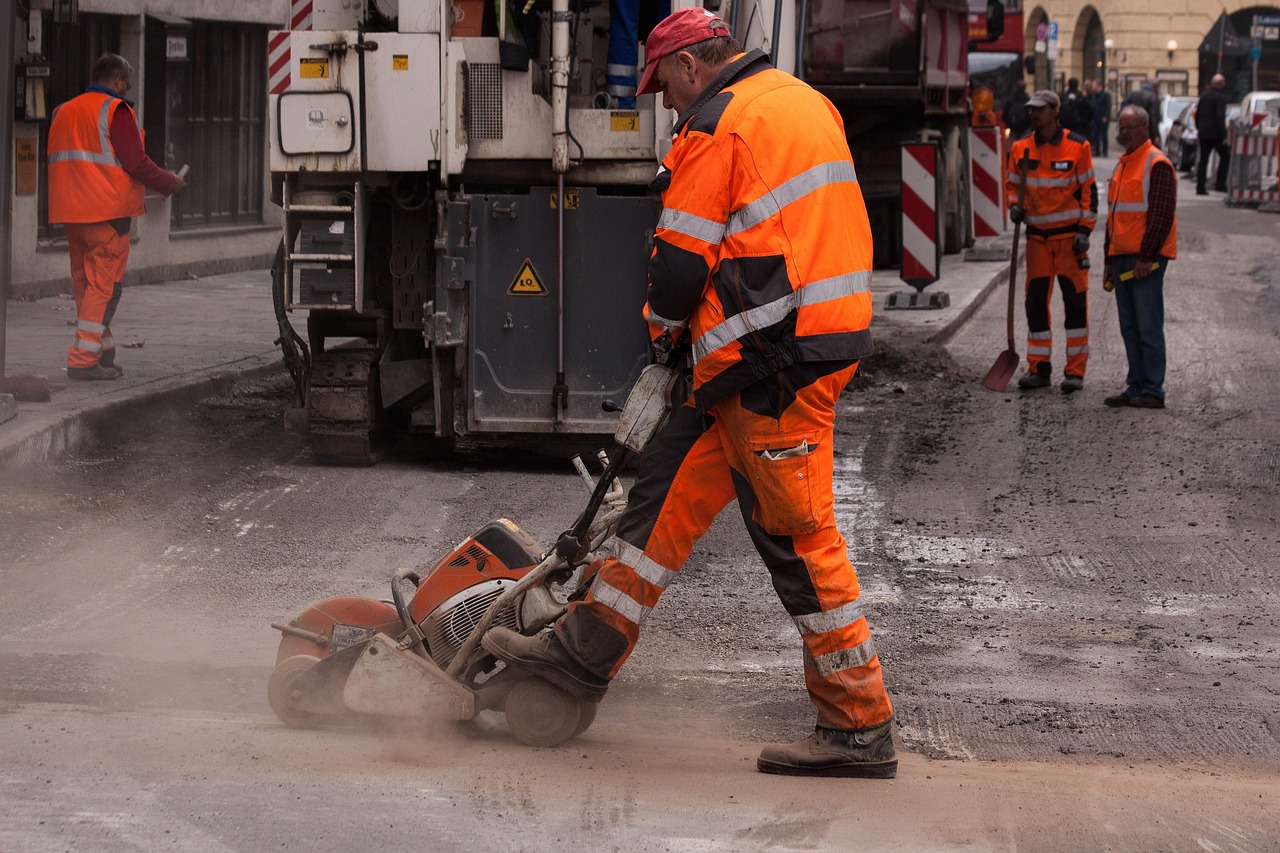01
Aug 2024
Completion of Metro Tunnel Works Marks a New Chapter for the Royal Melbourne Hospital in Parkville
Published in News on August 01, 2024

The Royal Melbourne Hospital (RMH) in Parkville is celebrating a significant milestone with the completion of Metro Tunnel construction works around its campus. This marks a new era of improved accessibility and connectivity for patients, staff, and visitors, bringing the RMH closer to Melbourne's expanding public transport network.
A Major Milestone for RMH
The completion of these critical infrastructure works signals the end of a major phase in the Metro Tunnel project, one of Melbourne's most ambitious transport initiatives. The work around the RMH has been carefully managed to minimize disruption while ensuring the hospital continues to provide essential healthcare services to the community.
Enhanced Accessibility for Patients and Staff
With the Metro Tunnel works now complete, the RMH is set to benefit from enhanced access to Melbourne's public transport system. The new Parkville Station, located within proximity to the hospital, will offer direct train services to various parts of the city, making it easier for patients, staff, and visitors to reach the hospital.
The improved connectivity is expected to significantly reduce travel times for many who rely on public transport, particularly those from suburban areas. This development will also likely ease traffic congestion around the hospital, creating a more pleasant environment for everyone.
Commitment to Healthcare Excellence
Throughout the construction period, the RMH remained steadfast in its commitment to providing high-quality healthcare services. The hospital worked closely with project teams to ensure that patient care was not compromised and that the safety and comfort of all individuals on-site were maintained.
Completing the Metro Tunnel works is a positive step forward in the hospital's ongoing efforts to enhance the patient experience. By improving access and connectivity, the RMH can continue delivering top-tier medical care to those in need while supporting its staff with better transport options.
Looking Ahead
As the Metro Tunnel project moves into its following stages, the RMH looks forward to the full benefits of this enhanced transport infrastructure. The new Parkville Station is expected to become a key hub for the area, further integrating the hospital into Melbourne's transport network and making it more accessible.
Completing the Metro Tunnel works around the RMH represents a significant achievement for the hospital and the broader Melbourne community. It underscores the city's commitment to improving public infrastructure and supporting vital healthcare services, ensuring that the RMH can continue to serve as a leading healthcare provider in the region.
Supporting Melbourne’s Growing Needs
With Melbourne’s population expanding, completing the Metro Tunnel works is pivotal. The enhanced transport links provided by the new tunnel will benefit the Royal Melbourne Hospital (RMH) and support the broader healthcare precinct in Parkville, which includes other major institutions such as the University of Melbourne and the Peter Doherty Institute for Infection and Immunity.
This development positions the RMH to better serve the healthcare needs of Melbourne’s residents, ensuring that world-class medical facilities remain accessible to all. As the hospital prepares for the future, completing these works will be a key factor in its ability to meet the challenges of a growing and evolving city.
For those travelling to Melbourne for medical care, finding convenient and comfortable accommodation near the Royal Melbourne Hospital is essential. There are various options available, including serviced apartments that offer a home-like environment with the added benefit of being close to the hospital. These hospital accommodations provide an ideal solution for patients and their families who require short or long-term stays, ensuring that they have easy access to medical care while enjoying the comforts of a fully furnished living space.
In summary, completing the Metro Tunnel works around the Royal Melbourne Hospital in Parkville marks a significant milestone that will benefit patients, staff, and the wider community. With improved access and connectivity, the RMH is well-positioned to continue its mission of providing exceptional healthcare to the people of Melbourne, supported by nearby accommodation options that cater to the needs of those seeking treatment at the hospital.









